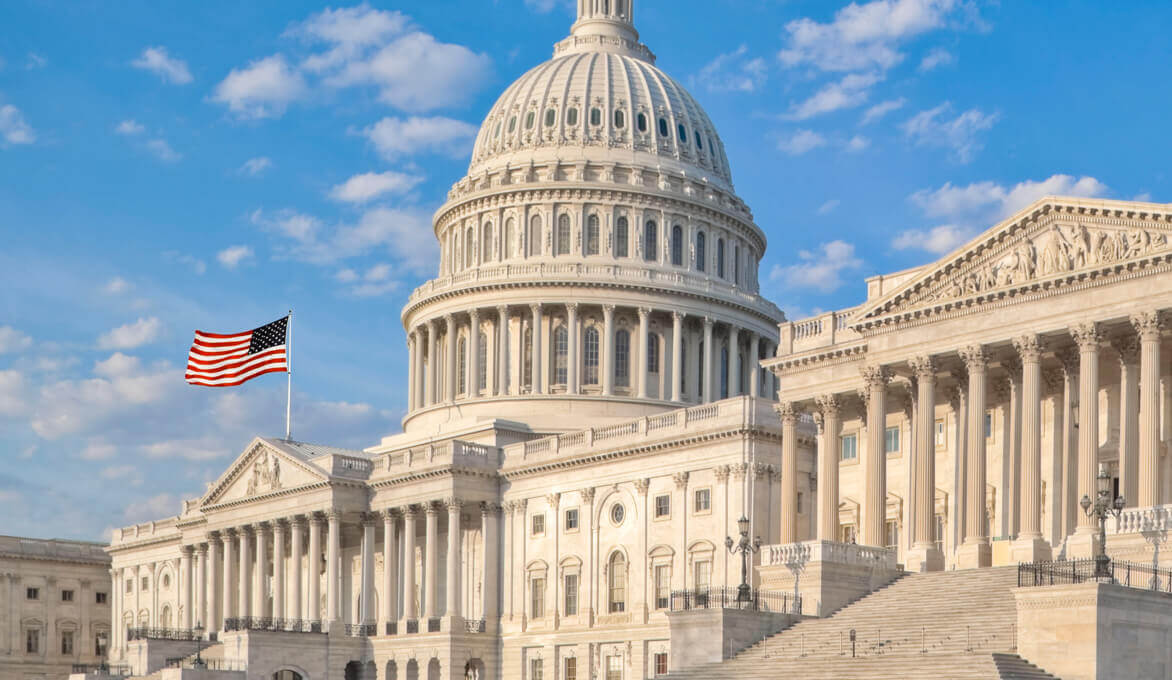Members of the 113th Congress Seek Relief for Rural Hospitals for FY 2014

The Rural Hospital Access Act of 2013 (Senate Bill 842 and House Bill 1787) was introduced in late April 2013 “to amend title XVIII (Medicare) of the Social Security Act (the Act) to extend through fiscal year (FY) 2014: 1) the Medicare-dependent hospital program and (2) increased payments under the Medicare low-volume hospital program”. Both programs will expire on September 30, 2013 if this legislation is not enacted. To date, nineteen senators have co-sponsored S.842 (sponsored by C. Schumer (D.NY) and forty-two house members have co-sponsored H.R.1787 (sponsored by T. Reed (R-NY-23), including at least one representative from each of the five affected New England states and senators from three of these states.
Background of the Medicare Dependent Hospital (MDH) Program
The MDH designation was established in federal fiscal year (FFY) 1987 to give support to small rural hospitals paid under Medicare’s Provider Prospective Payment System (PPS) for which Medicare beneficiaries make up a significant percentage of inpatients. This greater dependence on Medicare reimbursement makes these hospitals more financially vulnerable to prospective payment. The MDH program reduces this risk, improving the financial health of these hospitals.
The Act defines an MDH under §(d)(5)(G)(iv) as: “(I) a hospital located in rural area, (II) that has not more than 100 beds, (III) that is not classified as a sole community hospital, and (IV) for which not less than 60% of its inpatient days or discharges during the cost reporting period in FY 1987, or two of the three most recently audited cost reporting periods for which the Secretary has a settled cost report, were attributable to inpatients entitled to benefits under Medicare Part A”.
In fulfillment of the Act, MDHs benefit from two provisions, as outlined in the Regulations at 42 CFR § 412.108: “(1) MDHs are paid for inpatient services based on the Federal rate or, if higher, the Federal rate plus 75% of the amount by which the Federal rate payment is exceeded by the MDH’s updated hospital-specific rate payment based on its FY 1982, 1987 or 2002 costs per discharge, whichever is highest; (2) an MDH with a caseload that falls by more than 5% (due to circumstances beyond its control) may receive payments necessary to fully compensate it for fixed costs”.
These provisions for MDHs are necessary to effectuate Medicare’s commitment to provide access to all its beneficiaries, to afford rural hospitals to operate and render inpatient healthcare services. The MDH designation is the smallest of the three Medicare “safety net” programs for rural hospitals, and the least advantageous. Less than 3% of U.S. hospitals are currently designated as MDHs; seven of which are in New England. The MDH designation is also the smallest of these programs in terms of dollar value. Critical access hospitals (CAH) are paid at 101% of cost and the sole community hospital (SCH) enhanced reimbursement results in greater Medicare dollars. Thus, with the advent of the CAH program, many formerly designated MDHs have converted to the more financially beneficial designations of CAH and SCH status.
The MDH Program for FY 2013
Section 3124 of the Affordable Care Act (the ACA) extended the MDH program through FY 2012; thus, effective October 1, 2012, MDH inpatient payments reverted back to PPS. That is, until… the enactment of Section 606 of the American Taxpayer Relief Act of 2012 (the ATRA) extended the MDH program through September 30, 2013. This was accomplished by the passage of S.2620, and H.R.5943. Although this relief was temporary, unarguably the outcome was worth the extensive labor hours spent by the rural hospitals and their proponents. In FY 2013, approximately $183 million in additional Medicare PPS payments will be shared by 98 of the 213 MDHs that are paid on blended payments of the federal standardized amount and the hospital-specific rate.
Background of the Low-Volume Hospital (LVH) Program
Section 1886(d) (12) of the Act provides for an additional payment to PPS hospitals to account for higher incremental costs associated with a low volume of discharges. To qualify in FYs 2005-2010, PPS hospitals had to have fewer than 200 total discharges during the fiscal year and be located more than 25 road miles from the nearest hospital. Very few hospitals in the country met these requirements to receive LVH payments.
The ACA expanded the definition of a LVH for FYs 2011 and 2012 to “fewer than 1,600 Medicare discharges and be located more than 15 miles from the nearest hospital” and changed the methodology for determining the payment adjustment for hospitals meeting that definition. The LVH payment adjustment ranges from an additional 25% of PPS payments for hospitals with 200 or fewer Medicare discharges to no additional payment for hospitals with 1,600 Medicare discharges.
The LVH Program for FY 2013
Section 605 of the ATRA extended the temporary changes to the payment adjustment for low-volume hospitals through FY 2013 that were provided for by the ACA for FYs 2011 and 2012 (the discharge bar of 1,600 Medicare discharges and distance requirement of 15 miles). In order to receive a LVH payment, a qualifying hospital also had to notify its Medicare Administrative Contractor (MAC) in writing and provide documentation that it met the mileage criterion. Approximately 600 PPS hospitals will benefit from the total payments of approximately $326 million in FY 2013.
Temporary Relief for FY 2014
The impacted rural hospitals are hoping that “history repeats itself” and that the above-mentioned legislation of the 113th Congress is successful, ideally before the start of FFY 2014, i.e., October 1, 2013. Albeit it is temporary relief, the dollars are significant to these small rural hospitals.
For more information on this topic, please contact your BNN advisor at 800.244.7444.
Disclaimer of Liability: This publication is intended to provide general information to our clients and friends. It does not constitute accounting, tax, investment, or legal advice; nor is it intended to convey a thorough treatment of the subject matter.
